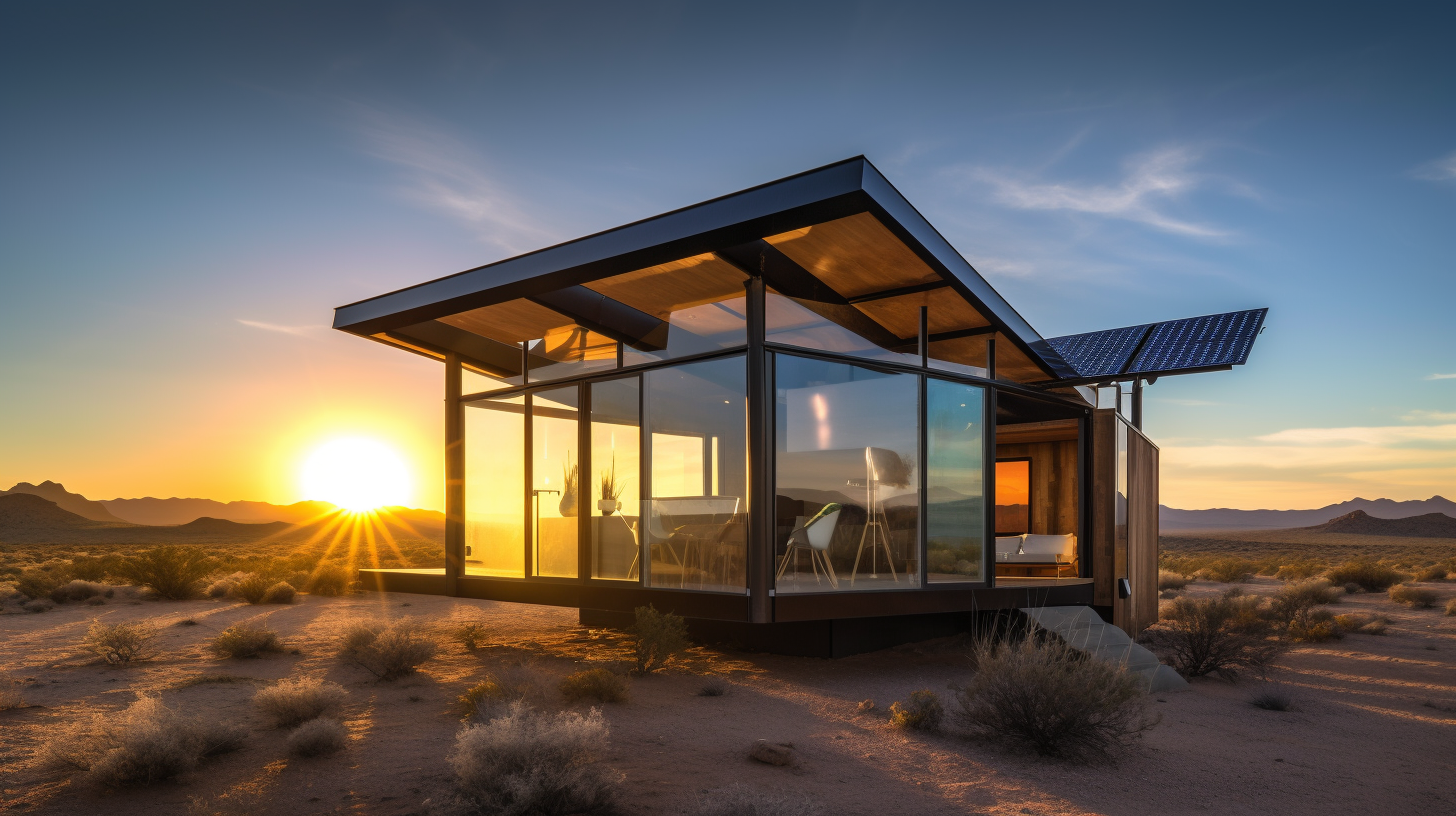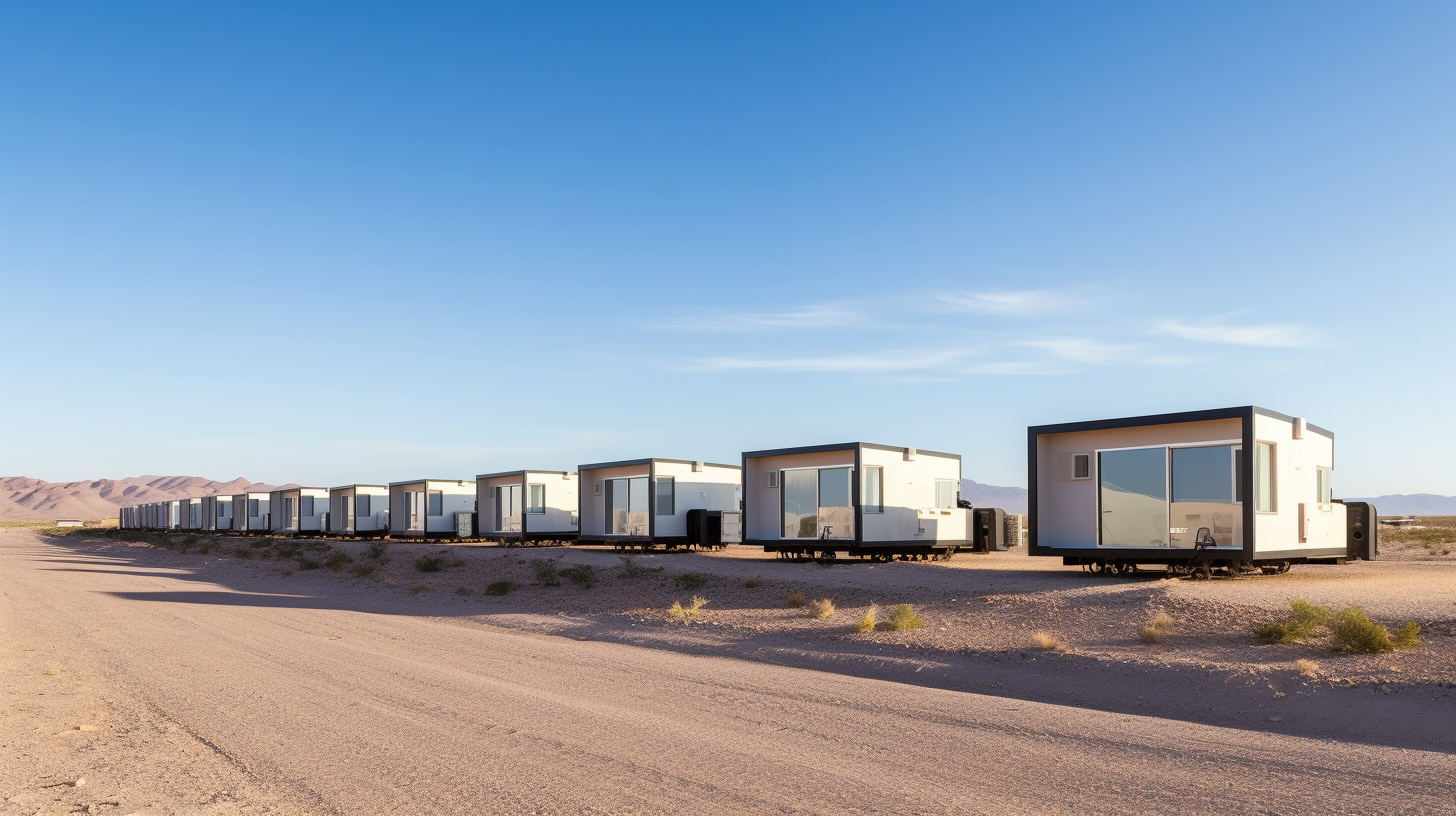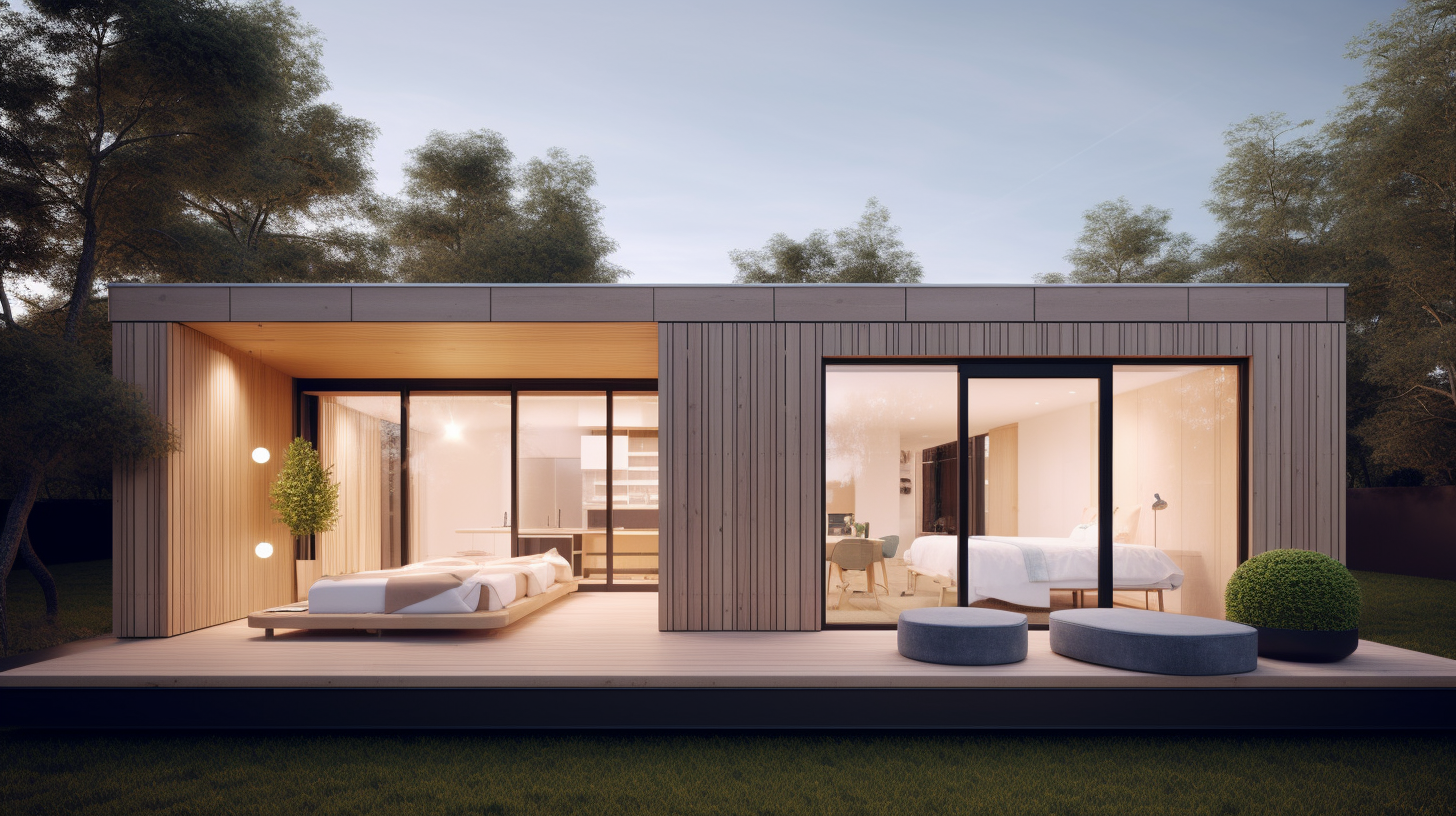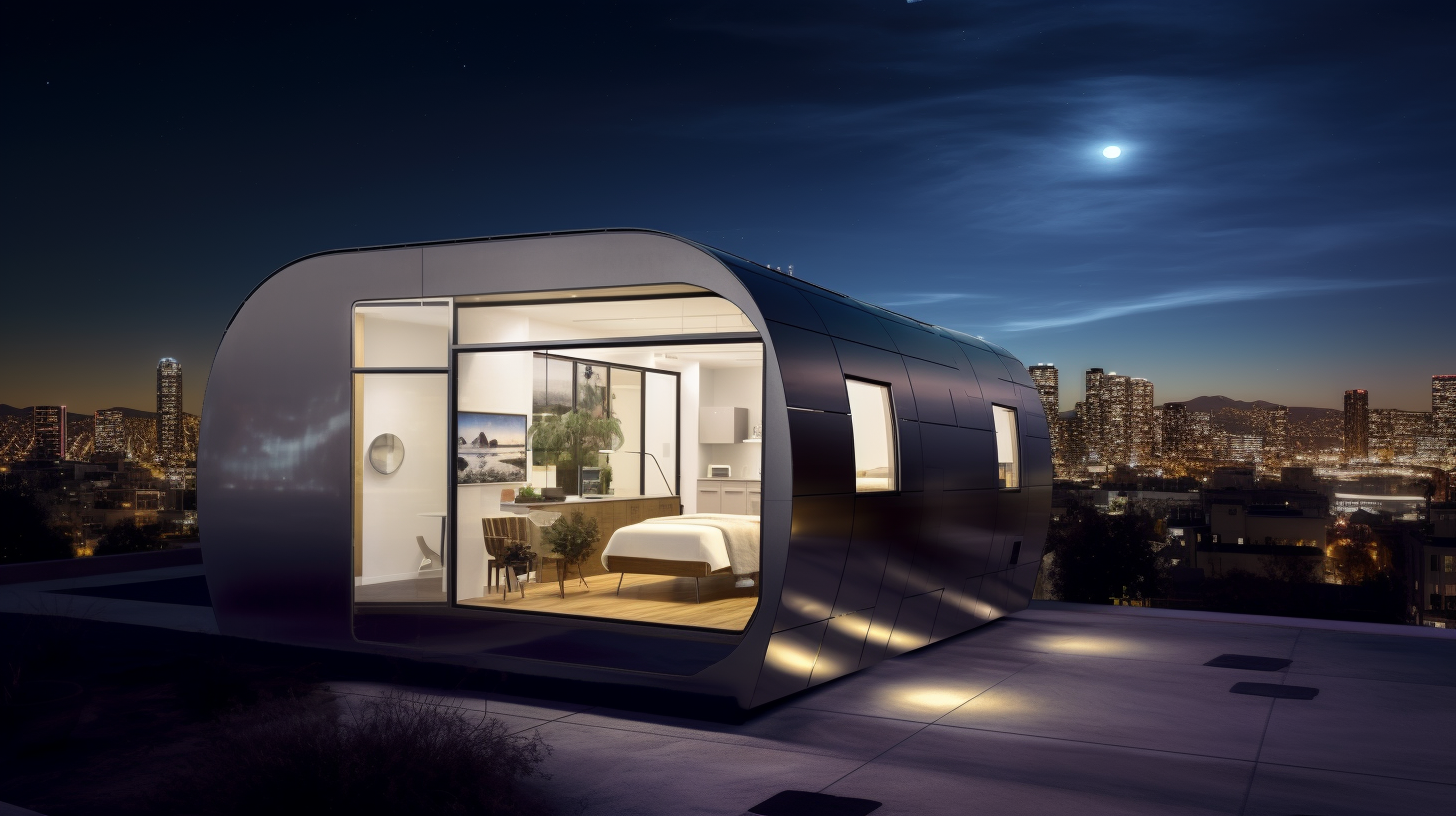Embracing the Future of Housing
The pursuit of sustainable living and affordable housing has uncovered a game-changing solution: modular homeownership. This innovation, which treats a house's individual parts as separate components, is challenging traditional models and carving out a new path for home construction. Let's dive into the fascinating world of modular homeownership.

What Is Modular Homeownership?
Modular homeownership, also known as 'component-based housing', takes a new approach to traditional housing. Homes are built in sections, or modules, resulting in a fusion of customization, affordability, and energy efficiency.

Modular homes are constructed off-site, in controlled factory settings, using the same materials and meeting the same building codes as traditional on-site construction, yet with a fraction of the time and waste. Once the modules are prepared, they are transported to the site and assembled. The production process is not susceptible to typical on-site construction delays caused by weather or trade contractor schedule conflicts, resulting in a faster construction timeline.
In addition, the component-based approach of modular homes offers a significant degree of customization. Homeowners can select from a wide range of predesigned modules or even design their own, thus allowing for a home that is unique and tailored to their specific needs and tastes. This degree of customization often extends to the environmental performance and energy efficiency of the home, enabling homeowners to select components like solar panels, green roofs, and energy-efficient windows. Modular homeownership thus blends the convenience and affordability of mass production with the personalization and quality of custom home building.
Modular Homeownership and Financial Saving
A significant benefit of modular homeownership is the potential for financial saving. As per the Modular Building Institute, modular homes can cost up to 20% less than traditional homes. This saving arises from the reduced labor costs as modules are produced in a factory, thus saving on both time and materials. As Dr. Larry Webb, a renowned economist, points out, "With manufacturing-style production, you reduce waste and expedite the construction process, contributing to substantial cost savings."
Indeed, one of the most attractive features of modular homeownership is the capability to upgrade or expand existing modules. This flexibility is particularly advantageous as it accommodates for the changing needs and circumstances of homeowners. For instance, a young couple might initially invest in a compact, one-bedroom modular home, given their current needs and budget constraints. As their family grows, they can choose to extend their original tiny home by adding additional modules such as bedrooms, a larger living area, or even a home office. This capacity to incrementally extend a modular home eliminates the need for a substantial upfront investment in a larger house, making it a budget-friendly option that can evolve in line with the homeowners' life stages. Modular homeownership therefore offers a dynamic and adaptive solution to modern housing needs.
The Flexibility of Modular Homes
Modular homes provide unparalleled flexibility. They allow homeowners to add, remove, or modify modules based on their evolving needs. Sarah Susanka, a noted architect and author of 'The Not So Big House' series, observes, "Modular homes adapt to life’s transitions without the requirement for tedious renovations or pricey extensions."

The Green Advantage of Modular Homes
Modular homes can be far more environmentally friendly than conventional homes. A study conducted by the National Institute of Building Sciences in 2022 revealed that modular homes could reduce energy consumption by up to 30%. Such homes are designed to make the most of renewable energy sources, and the construction process itself yields less waste, further enhancing their green appeal.
Challenges and Future Outlook
Despite the many benefits, modular homeownership is not without its challenges. Predominantly, the current zoning regulations often fail to accommodate this innovative form of housing. Nevertheless, the future of modular homeownership looks bright. Global Market Insights forecasts that the modular construction market will witness a 7% annual growth over the coming five years.

Transforming the Housing Landscape
Modular homeownership is more than a passing trend; it's a transformative concept poised to reshape the global housing landscape. With its cost-saving, flexibility, and eco-friendliness, modular homeownership seems perfectly aligned with the shifting needs and values of the modern world. If you're contemplating homeownership or transitioning to a more sustainable lifestyle, it may be time to explore the compelling advantages of modular homeownership.
 Las Vegas Tiny Homes
Las Vegas Tiny Homes